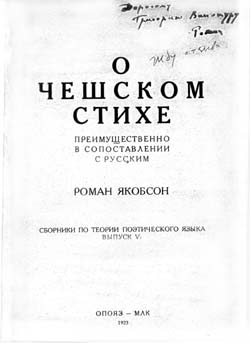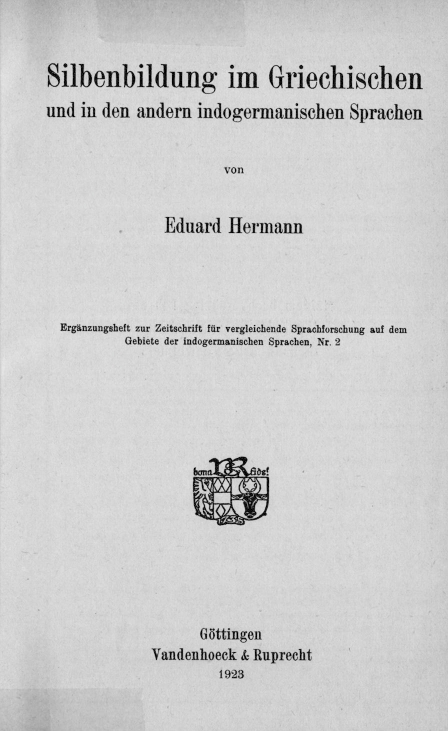Speaker: Amanda Swenson and Paul Marty
Title: Local Agreement without local binding: What the syntax and prosody of Malayalam taan teach us
Date/Time: Tuesday, March 5, 1-2p
Location: 32-D461
Jayaseelan (1997) among others has described the Malayalam anti-local form taan ‘self’ as a subject oriented, bound variable that requires a 3rd person antecedent. In this talk, we provide new data from the first systematic exploration of a second reading taan can have, namely an addressee (ADR) reading. We provide a detailed description of the syntactic and prosodic conditions under which 3rd person and ADR readings occur and argue for a unified account of these readings (contra Asher & Kumari 1997). We provide novel data that suggest the so-called Blocking Effects described in the literature are not an intervention phenomenon but rather the result of the morphosyntactic properties of taan. Contra recent radical revisions of Binding Theory (Rooryck & Vanden Wyngaerd 2011, Reuland 2011), we argue that local Agreement (i) always occurs between the nearest subject nominal and taan, but (ii) never results in local binding because of the anti-local nature of taan.

